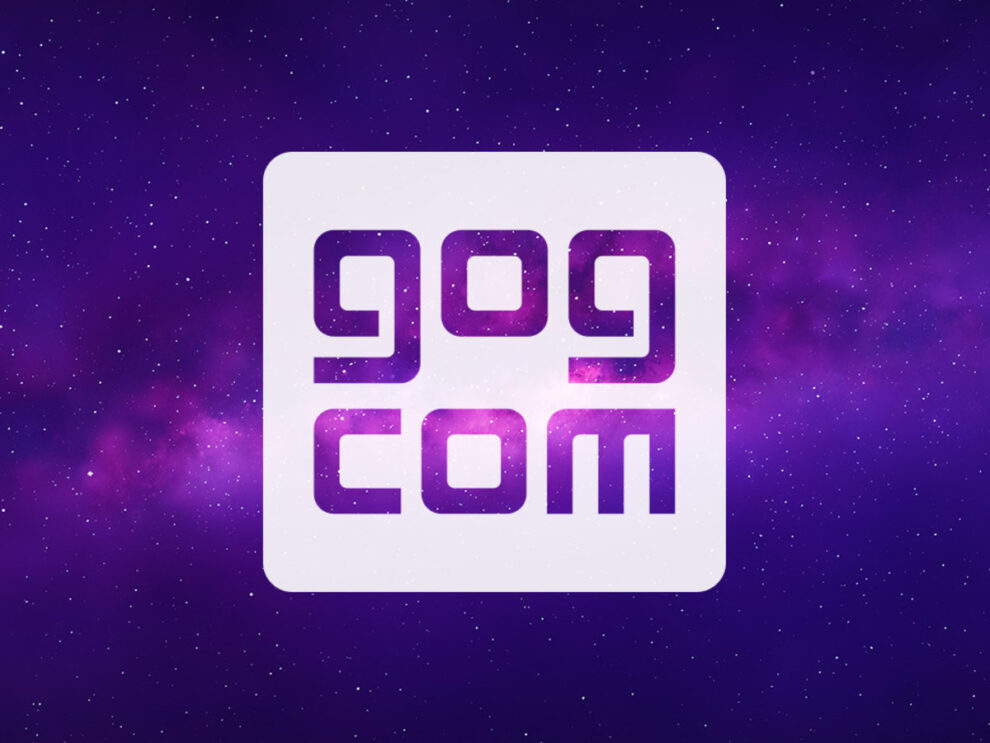In an age where digital distribution dominates the gaming landscape, the longevity of our favorite titles is often taken for granted. But the reality is that digital games are surprisingly vulnerable to disappearing entirely. Outdated DRM schemes, server shutdowns, and lost source code can render once-beloved games unplayable. GOG.com, a platform celebrated for its dedication to classic PC games, has stepped up to address this growing concern with a new initiative aimed at preserving gaming history.
This isn’t just about nostalgia. Imagine losing access to your favorite books or films – a cultural loss that diminishes our shared experiences. The same applies to video games, an art form with a rich history and a growing library of important works. GOG’s commitment to preserving these games ensures that future generations can experience the titles that shaped the industry.
The Challenges of Digital Preservation
Preserving video games is a complex undertaking. Unlike physical media, digital games rely on intricate interconnected systems. Emulation, compatibility patching, and even reverse engineering are often necessary to make older games function on modern hardware.
Furthermore, securing the rights to distribute and preserve these games can be a legal labyrinth, involving tracking down original developers or navigating complex copyright ownership issues. GOG’s initiative acknowledges these challenges head-on, demonstrating a commitment to overcoming them.
GOG’s Multi-Faceted Approach
While the specifics of GOG’s preservation plan are still unfolding, their existing practices and recent announcements provide insight into their strategy:
- DRM-Free Philosophy: GOG has been a pioneer in offering DRM-free games, allowing users to download and install games without restrictions. This approach inherently contributes to preservation, as players have local copies independent of online servers or activation requirements.
- Compatibility Focus: GOG invests heavily in ensuring older games run smoothly on modern systems. This often involves meticulous compatibility patching and collaboration with community modders.
- Re-releases of Classic Titles: GOG actively seeks out and re-releases classic games, often with enhanced features and bonus content. This brings older titles back into the spotlight and introduces them to new audiences.
- Source Code Recovery: In some cases, GOG has gone to extraordinary lengths to recover lost source code, enabling them to create definitive editions of classic games.
More Than Just a Store: GOG’s Role as a Digital Curator
GOG’s initiative transcends the role of a simple online store. They are positioning themselves as digital curators, actively safeguarding gaming history. This commitment aligns with the growing recognition of video games as a significant cultural artifact.
Museums and archives around the world are increasingly recognizing the importance of video game preservation. GOG’s efforts complement these initiatives, ensuring that games are not only archived but remain playable and accessible to the public.
The Impact on Gamers and the Industry
For gamers, GOG’s initiative offers several benefits:
- Access to Lost Classics: Games that were previously difficult or impossible to find will be resurrected and readily available.
- Preservation of Gaming History: Future generations will have the opportunity to experience the games that paved the way for modern gaming.
- Confidence in Purchases: Knowing that GOG is actively working to preserve their library gives gamers confidence that their purchases won’t disappear due to technical issues or licensing problems.
The initiative also sets a positive example for the industry. By demonstrating a commitment to preservation, GOG encourages other publishers and platforms to take similar steps. This collective effort is crucial to ensure the long-term survival of video game heritage.
My Personal Experience with GOG
As an avid gamer, I’ve been a GOG customer for years. Their DRM-free policy and dedication to classic games have always resonated with me. I’ve rediscovered many beloved titles from my childhood through their platform, and I appreciate the effort they put into making these games accessible on modern PCs.
Their commitment to preservation gives me confidence that the games I purchase on GOG will remain playable for years to come, regardless of future technological advancements or changes in the industry landscape. This long-term perspective is something I value greatly as a gamer.
Looking Ahead: The Future of Game Preservation
GOG’s initiative is a significant step in the right direction, but the fight against digital decay is an ongoing battle. As technology continues to evolve, new challenges will inevitably arise.
The industry as a whole needs to embrace a proactive approach to preservation. This includes:
- Open Source Initiatives: Encouraging the release of source code for older games can empower the community to maintain and preserve them.
- Collaboration Between Publishers and Archives: Partnerships between publishers and institutions like museums and libraries can facilitate comprehensive preservation efforts.
- Standardized Archiving Practices: Developing industry-wide standards for archiving game data can ensure long-term compatibility and accessibility.
GOG’s commitment to preserving classic games is commendable. By taking a proactive stance, they are not only safeguarding gaming history but also setting a positive example for the industry. As gamers, we have a responsibility to support these efforts and advocate for the long-term preservation of the games we love.




